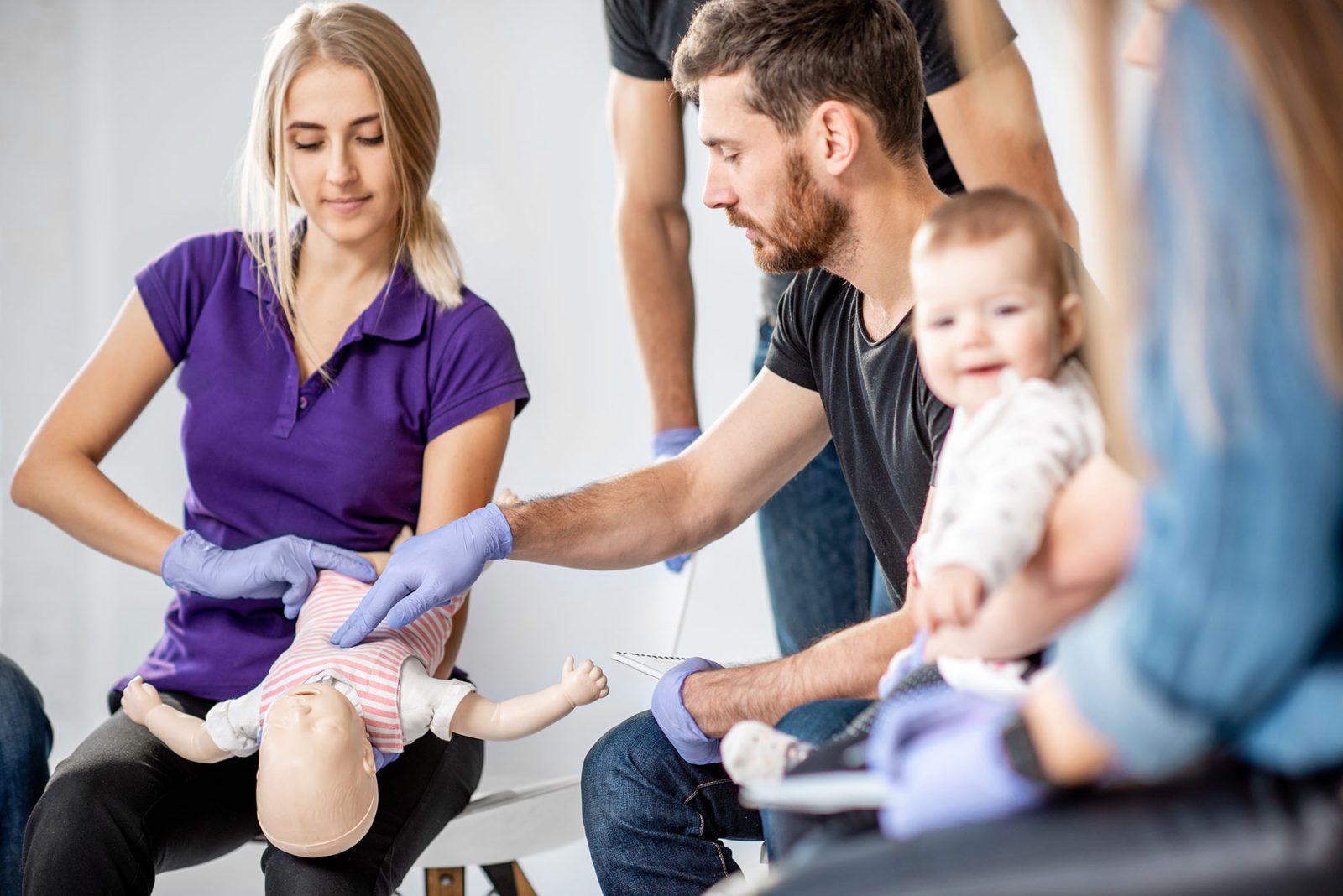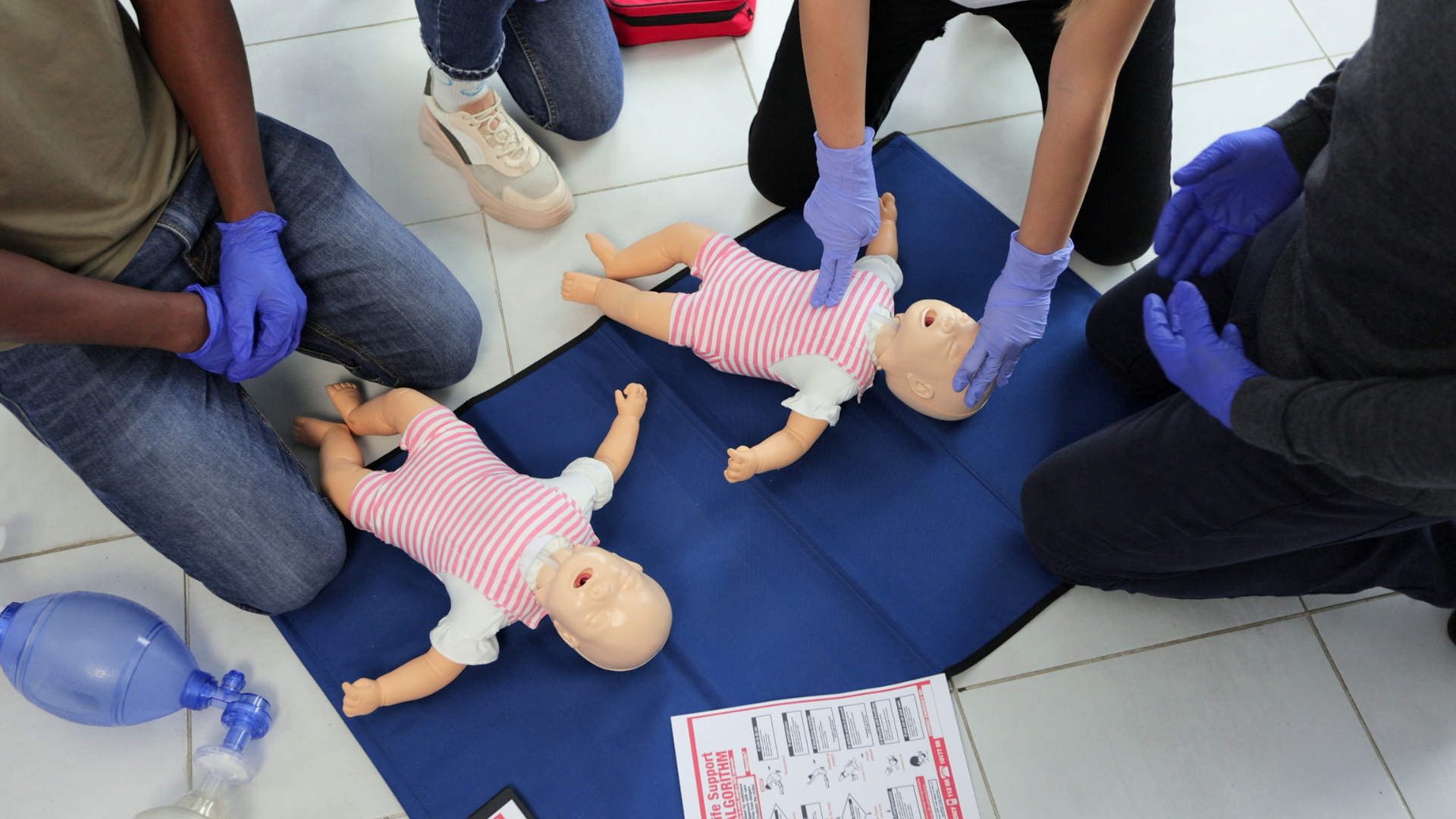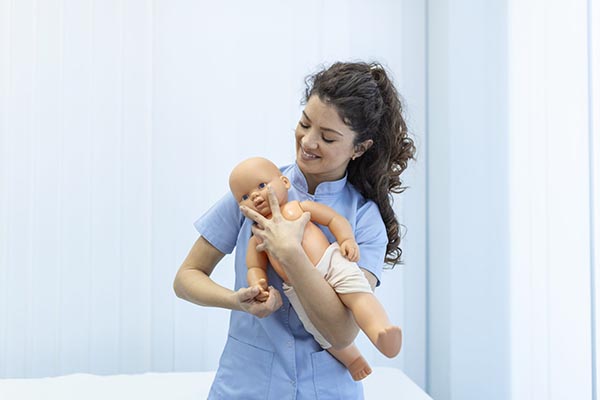
As a parent, there’s nothing more important than your child’s safety. Infants are curious explorers who often find themselves in risky situations. That’s why having a basic understanding of first aid for infants is crucial. This guide will equip you with essential skills to handle common emergencies and keep your little one safe.
First aid for infants involves the immediate care given to a newborn or infant suffering from an injury or illness. The aim is to stabilize the child until professional medical help is available. By learning these skills, you can make a significant difference in your child’s safety and well-being.
Every parent should consider taking a first aid course tailored for infants. These courses teach you how to react calmly and effectively to emergencies. They cover a range of topics, including infant CPR, choking, and dealing with minor injuries.

Choking is one of the most common and frightening emergencies for infants. Babies explore their world by putting things in their mouths, which can sometimes lead to choking.
If the object does not dislodge, call emergency services immediately and continue the process until help arrives.
Cardiopulmonary resuscitation (CPR) is a lifesaving technique used in emergencies when an infant’s breathing or heartbeat has stopped.
Infants can get burns from hot liquids, foods, or household items. It’s crucial to act quickly to reduce damage.
Seek medical attention for any burn more severe than a minor sunburn.

Falls are common as babies start to roll, crawl, and explore. While many falls are harmless, some require medical attention.
If you’re concerned about a fall, consult a healthcare professional.
While knowing first aid is crucial, preventing accidents is even better. Here are some tips to keep your infant safe:
It’s beneficial to keep a first aid kit at home and in your car. Regularly check its contents and replace any used or expired items. Consider investing in a baby monitor and enrolling in a pediatric first aid course for hands-on experience and confidence.
First aid skills are an essential part of being a prepared and responsible parent. By learning and practicing these techniques, you can ensure your infant’s safety and act confidently in emergencies. Remember, when in doubt, always seek professional medical help. Your swift and knowledgeable response can make all the difference in protecting your child’s health.
Don’t wait until an emergency happens! Equip yourself with the essential skills to protect your infant by enrolling in a CPR and First Aid class today. Contact CPR Classes Near Me to find a course that fits your schedule and location. Your child’s safety is worth it—take the first step towards being prepared!
Our primary goal is to ensure that you receive a top-quality CPR/First Aid certification. With our in-person training in Austin, you can learn CPR and BLS in just one class. Your presence is all that’s needed to continue with your lesson! During your session, you will complete all the live-training components necessary to ensure you receive your AHA Healthcare Provider certification card.
Our CPR Classes in Austin are discounted to $59.95 (saving you $20), and our CPR + First Aid Class is offered at $79.95 (also saving you $20). When looking for CPR Classes, ensure to check for the American Heart Association seal. Other sites might seem cheaper but frequently lack the official training credentials demanded by employers.
Upon successful completion of the course, you will obtain a CPR certification that is valid for two years. The AHA CPR certification is recognized with the highest acceptance rate among employers nationwide.
Indeed! Enroll in any CPR Certification Austin BLS course to extend your certification for an additional two years. The in-person BLS course and the Renewal Class are identical.
Anyone capable of completing the course independently should consider pursuing CPR training and CPR Certification. There is no minimum age restriction for obtaining a CPR certification in Austin through the American Heart Association (AHA)..
CPR training needs to be carried out in person to guarantee its effectiveness. Our experienced instructors offer an engaging and dynamic learning experience. Typically, employers do not recognize CPR certifications that are obtained solely through online courses.
All authorized American Heart Association training centers are obligated to display the entire video. After a three-hour session with CPR Classes Near Me Austin, your BLS CPR eCard will be promptly issued by the instructor on the same day!